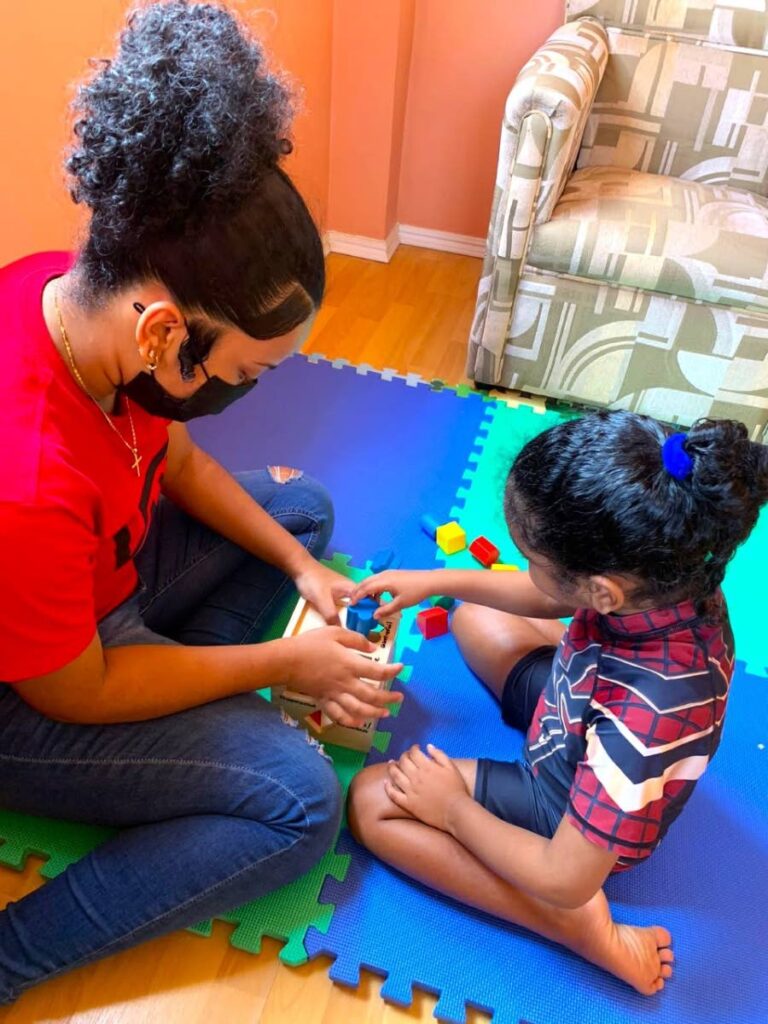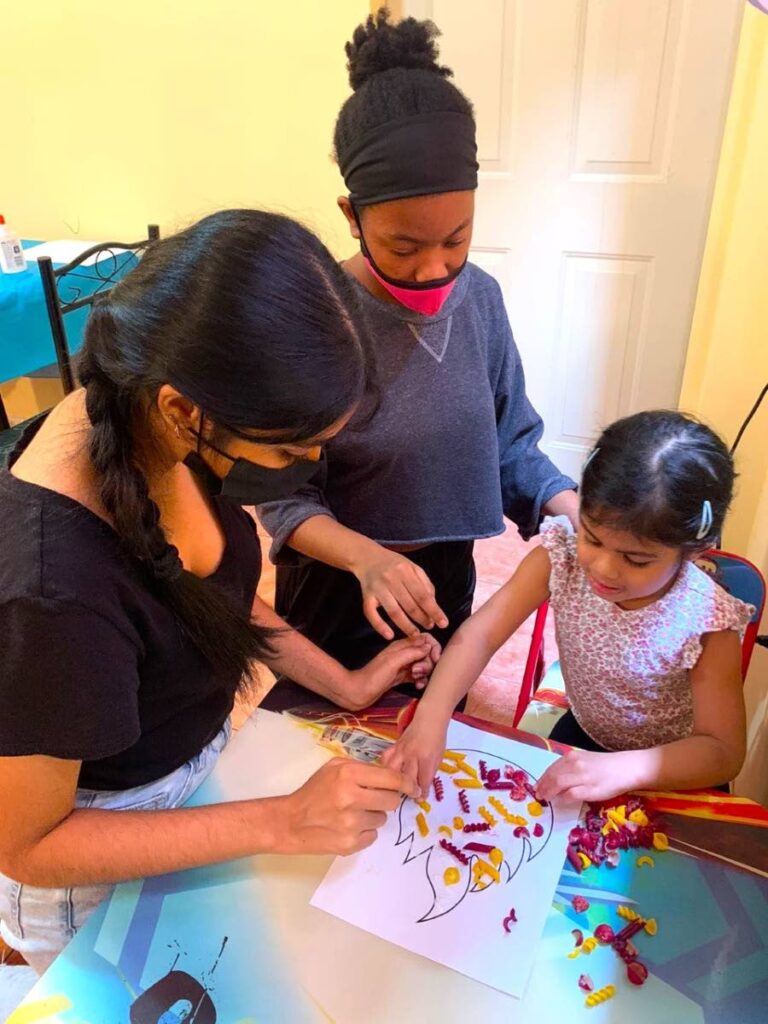Education for some

DR RADICA MAHASE
“Education is a human right, a public good and a public responsibility” (UN). Tomorrow is International Day of Education, a day that is meant to invest in people and to prioritise education.
In the words of the UN, “Without inclusive and equitable quality education and lifelong opportunities for all, countries will not succeed in achieving gender equality and breaking the cycle of poverty that is leaving millions of children, youth and adults behind.”
Here in Trinidad and Tobago, we have been faced with many serious issues affecting our education system. Covid19 highlighted the disparity in access to an education and since the physical reopening of schools we have recurring incidents of student bullying and violent behaviour. Additionally, there are low levels of performance and drop outs. Place all these together and the education system appears to be in crisis.
An underlying area of education that has always been neglected and continues to be neglected in TT is special-needs education. This, despite the fact that we have the Education Act, an Inclusive Education Policy a National Policy on Persons with Disabilities, an Equal Opportunity Act, amongst others. Children with special needs/disabilities have struggled to access public schools or have been forced to drop out of school for various reasons.
One parent said she was told to home-school her eight-year-old son because he "couldn’t learn."

She said, “My son was in standard one and he had trouble sitting still for long. The teacher said that he was disruptive and she would put him to stand outside of the class. A few times he walked out in the schoolyard because no one was supervising him.
"At the end of the term, the principal said that school wasn’t the place for him and I should home-school him. I didn’t have a say in that decision. Since then, he has been home.”
Another major shortcoming in relation to children with special educational needs in TT is the difficulties in getting support by the Ministry of Education. A good example of this is seen in the allocation of teachers' aides. Hiring, training and allocating teachers' aides to children enrolled in public schools have not been treated with urgency by the Ministry of Education, despite the fact that there is a high demand and that some children have been waiting for aides for a very long time, in some cases, for years.
One parent noted, “I applied for an aide for my child when she was in standard one. She is now in standard four and we are still waiting and hoping that she would get an aide.
"I have followed up with Student Support Services many times and, for years now, they have been telling me that they don’t have anyone available. My child is supposed to be preparing for SEA and the work is getting more challenging for her. She is having difficulties keeping up with the pace the teacher is going. She has a tutor after school, but without an aide in school, she is at a disadvantage.
"We even asked if we could get an aide and pay for her ourselves but we were told that anyone working with the children in schools have to be sent by the ministry.”
A standardised curriculum and evaluation system doesn’t make the situation any much better. While all children have the ability to learn, some might need to go at a slower pace or be taught in a different manner but our curriculum doesn’t allow for this. Too often children who need that little bit of extra help are left behind, the work begins to pile up, they start to feel lost, some become depressed and frustrated and may even act out.
The end result is that parents are often forced to take their children out of school because the entire system just doesn’t work for them.
One parent shared her experience, “My daughter did well in school until she reached standard three. Her teachers went out of their way to help her. They made the work fun and she enjoyed going to school. Then she reached standard four and the teacher started SEA work. The school usually gets good results and the teacher said she couldn’t let her reputation fall, and she real pushed work with her class.
"It was too much. She would make them stay in at recess and lunch time to do work. My daughter started having meltdowns because she wasn’t getting a break. She started getting panic attacks because she was afraid Miss would buff her if she didn’t finish her work.
"The teacher told us that she has a syllabus to finish and if our daughter couldn’t keep up then she shouldn’t be in that school. We eventually had to take her out because it affected her behaviour.”
In many cases, blame cannot be cast on teachers – some of whom have children with special educational needs in their classes but were not educated or trained as special-needs educators. Also, they have to stick to curriculum and evaluation methods as given by the Ministry of Education.
The only time we can blame teachers is when they adopt an attitude of indifference or they sincerely believe that children with special needs cannot learn, or even worse, when they tell children they cannot learn, call them names, etc.
At the end of the day, the entire education system has neglected children with special needs and it is the Government’s responsibility to fix the system so that those with special needs/disability can have equal access to an education.
As we celebrate International Day of Education, this would be a good time for us to reflect on the inequalities in education which exist in our country.
Radica Mahase is the founder/director of Support Autism T&T

Comments
"Education for some"